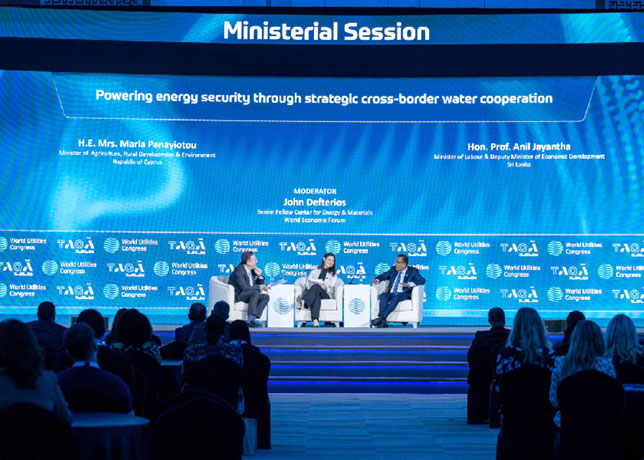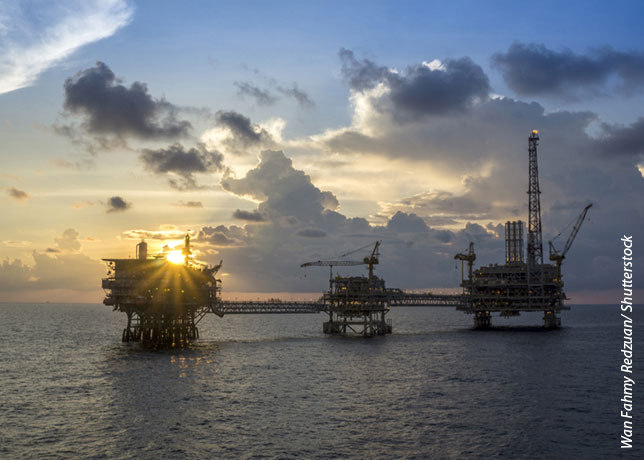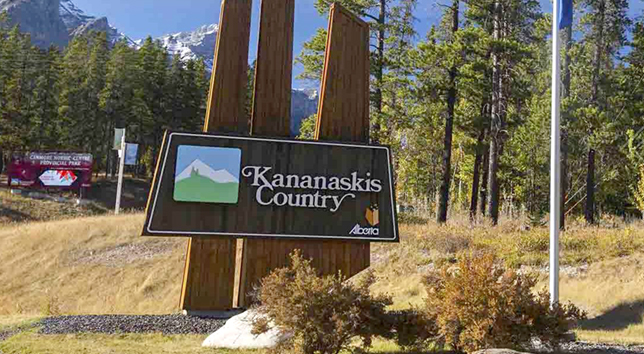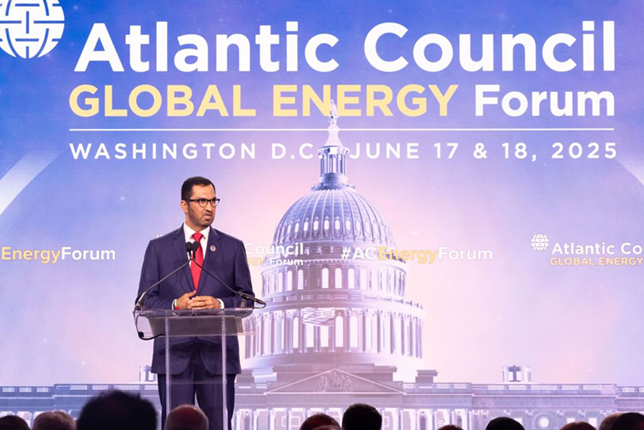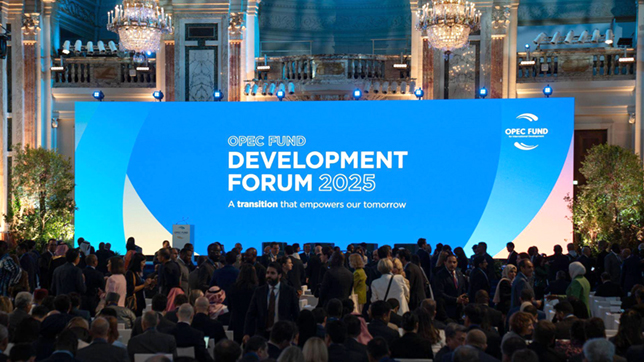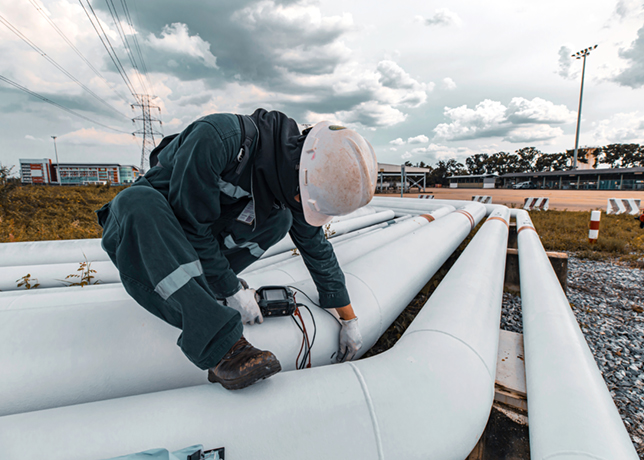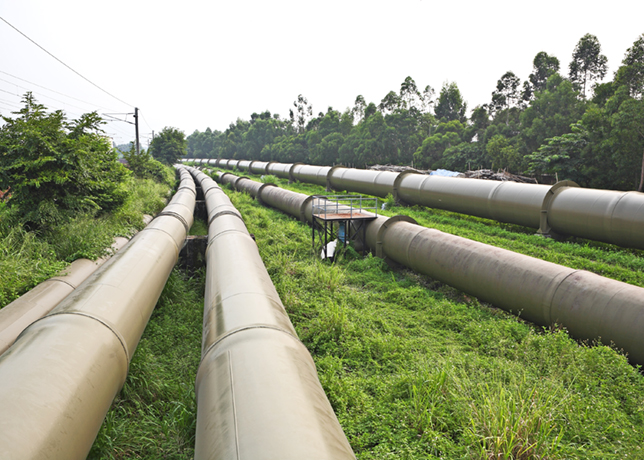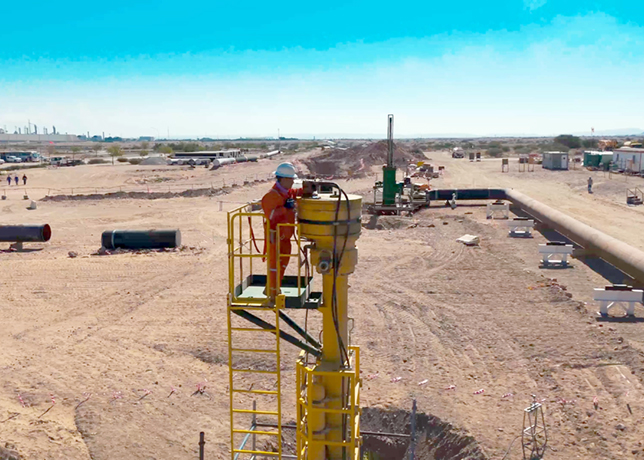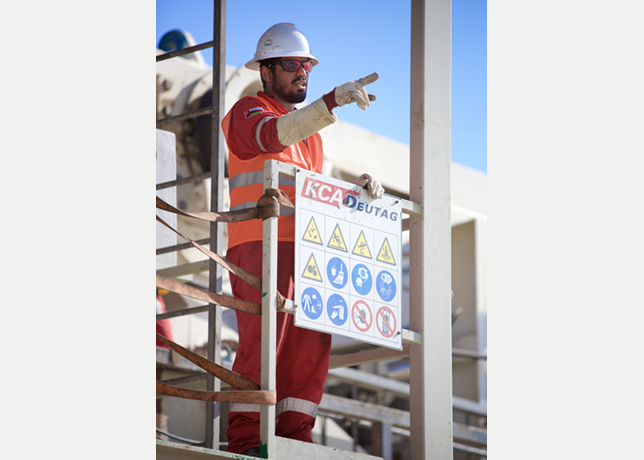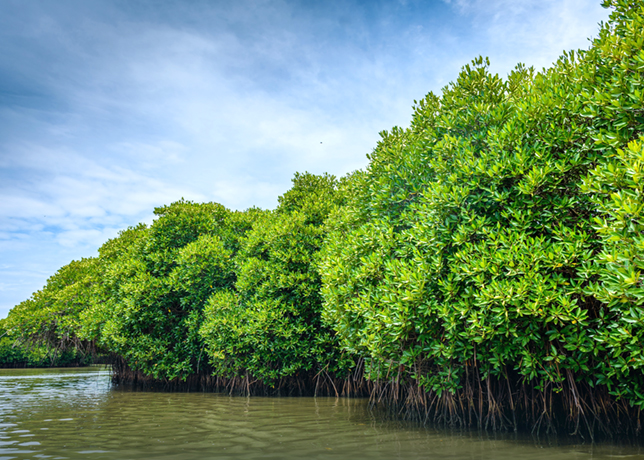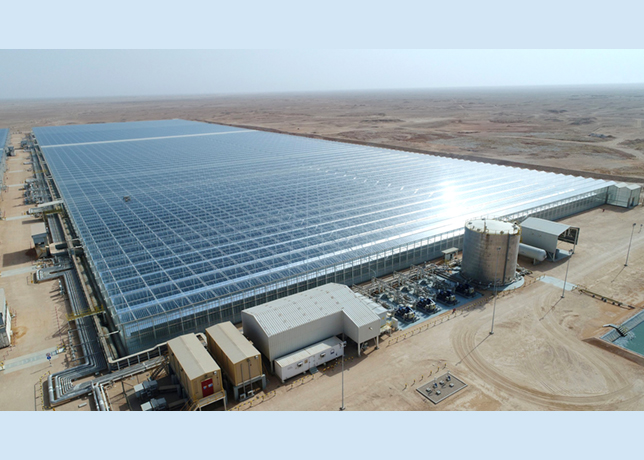
 Saudi pumps and pipes ... trans-Kingdom Iraq crude transportaion still a possibilty
Saudi pumps and pipes ... trans-Kingdom Iraq crude transportaion still a possibilty
Iraq sent a delegation to Saudi Arabia to discuss oil cooperation and participation of Saudi companies in the reconstruction of the country’s oil facilities, an official at the oil ministry said.
Oil ministry spokesman Assem Jihad said senior adviser Abdul Sahib Qutob left for Saudi Arabia heading an Iraqi delegation to chair a joint committee set up by the two countries in December.
“He will discuss the possibility of setting up joint oil and gas projects and the role of Saudi companies in restoring Iraq’s oil installations,” he said.
Qutob’s visit is the second by a senior Iraqi oil official since the US-led coalition ousted the government of Saddam Hussein 10 months ago.
In December, Oil Minister Ibrahim Bahr al-Uloum visited the kingdom and met with his Saudi counterpart and other senior officials.
Saudi Arabia has taken control of an oil pipeline between the two countries which has been out of operation on the Iraqi side since Saddam’s 1990 invasion of Kuwait.
Saudi Arabia’s Oil Minister Ali Naimi told the Middle East Economic Survey newsletter last month that the pipeline isn’t available for Iraqi oil export any more. He said Saudi Arabia “acquired ownership” of the pipeline in June 2001 and immediately started to put it into service supplying natural gas to the Yanbu region on the Red Sea.
Iraqi oil officials are seeking alternative routes for the country’s oil to increase export flexibility despite diversifying its routes to include Khor al-Amaya at the head of the Persian Gulf near the Basra oil terminal, formally known as Mina al-Bakr.
The reopening of the Khor al-Amaya terminal late last month has increased Iraq’s export from southern oil terminals to 1.8 million barrels a day from around 1.4 million bpd in February, officials said.
Baghdad has also resumed exports from the northern Iraq-Turkey pipeline after a year-long suspension due to a wave of sabotage along the pipeline.
The pipeline is currently pumping between 260,000 bpd and 300,000 bpd, which is half of its prewar capacity.
The Iraqi oil ministry said discussions were still open with Saudi Arabia about the possible use of the Iraq-Pipeline Trans-Saudi Arabia (IPSA) to transport Iraqi crude oil.
“In the future, it may be possible to use this pipeline as an export route,” said a ministry spokesman. He was responding to remarks by Saudi Arabian Oil Minister Ali Naimi, who said in an interview with the Middle East Economic Survey (MEES) that Saudi Arabia had converted the pipeline to carry gas to the Red Sea. “It’s already done. We’re supplying gas to Yanbu. A long time ago. We’re supplying about 400m cu ft per day of gas. That’s why it’s not available (for the export of Iraqi crude),” Naimi told MEES. Iraq has said that it would seek permission from Saudi Arabia to resume pumping export crude through the pipeline to Yanbu. The 1.65m bpd capacity pipeline was closed in 1990 after Iraq’s invasion of Kuwait and was expropriated by Saudi Arabia in 2002.
South Korea reassured
Saudi Arabia has told major importer South Korea that the kingdom would guarantee supplies to its customers and was committed to stabilising prices, a Korean official said.
In a briefing to reporters after Saudi Oil Minister Ali al-Naimi met Korean officials over lunch, Lee Sung-Hun said OPEC’s biggest exporter had said it did not see any shortage of crude oil in the global market for the time being.
Naimi also said high oil prices were having a negative impact on global economic growth, added Lee, director general of the international trade and investment bureau at the South Korean energy ministry.
Naimi said little when he left the meeting in Seoul.
“We have discussed important subjects on reliability of supply and stability of price. That is what Saudi Arabia is committed to,” he said.
“We’ve also discussed opportunities for Korean companies to participate in economic development in Saudi Arabia, including projects building railroads, participating in power generation and the petrochemical industry.” Naimi declined to answer questions.
Resource-poor Japan and South Korea are among Saudi Arabia’s biggest customers for crude oil, while China’s dependence on Middle East supplies is rising with scorching demand growth and declining domestic production.
The three countries account for around 60 percent of Asia’s total daily oil consumption of almost 22 million bpd.
Lee said that Naimi had invited South Korean firms to participate in upstream oil and gas projects in Saudi Arabia.
Naimi also invited Korean participation in other projects such as railroad construction, aluminium and power plants and water purification, which he estimated would cost between $14 billion and $20 billion, Lee said.
In Beijing, Naimi met officials from the State Planning and Reform Commission, China’s macroeconomic planning department, and Sinopec, Asia’s largest refiner.
China talks
Saudi Arabian Oil Minister Ali Naimi held talks with Chinese government officials in Beijing Friday that focused on crude-oil sales and joint investments, Naimi told the Saudi Press Agency.
Among the key points of discussion, Naimi said, was Saudi Arabia’s desire to increase the export of crude oil to China, which he said is currently importing around 300,000 barrels a day from Saudi Arabia. China is the world’s second-largest oil consumer after the US.
The two countries are also studying the possibilities of forging joint ventures in the oil and mining sectors, he said.
Naimi noted that the state-run China Petroleum & Chemical Corp (SNP) or Sinopec Corp., has recently won a major contract to explore for natural gas in Saudi Arabia, while the state-owned Saudi Arabian Oil Co, or Aramco, is completing plans to expand an oil refinery in China’s Fujian province.
Aramco has a 25 per cent stake in the refinery expansion project, with Sinopec holding a 50 per cent stake and Exxon Mobil Corp. (XOM) owning the remaining 25 per cent equity.
Naimi also said that he will discuss the possibility of China’s building or contributing to the building of a railway extending from north of Saudi Arabia, through the capital Riyadh, and then to Dammam and Jubail in the eastern province, to transport mineral materials.
“China has international capability and technology for building railways,” Naimi said, adding to that talks also focused on the possibility of China’s participation in the exploration of phosphates and raw bauxite.
SPA said Naimi met separately with Vice Premier Zeng Peiyan, the Minister of Commerce Yu She Lai and the head of Sinopec Chin Tong Kai.
Economic ties apart, the oil minister’s visit to China is seen as part of Saudi policy to strengthen political relations with major world countries such as Russia and China to counter the weakening ties with the U.S. following the Sept. 11 attacks in which mostly Saudi terrorists were involved.
Sinopec mainland deal
China Petroleum and Chemical Corp (Sinopec) will consider importing natural gas from Saudi Arabia and building a new liquefied natural gas (LNG) terminal in Shandong province, according to company chairman Chen Tonghai.
Speaking after a press conference reviewing the company’s results for last year, Mr Chen said the project would hinge on exploration success in Saudi Arabia, where the company won a contract earlier this month to explore for gas reserves.
“If we achieve good results in Saudi Arabia, we will import gas to China,” he said, adding that the company could build a terminal in Shandong to regasify the Saudi LNG. He did not give further details.
The cost of turning potential reserves into proved ones in the Saudi project is estimated at $300 million, while converting proved reserves into extractable gas would cost about $1.9 billion.
China’s LNG import business is dominated by rival CNOOC, which plans new terminals in Guangdong, Fujian, Zhejiang and Tianjin. PetroChina has also hinted at building LNG terminals in Shanghai and elsewhere in eastern China.
Mr Chen said Sinopec may acquire overseas oil and gas assets from parent China Petrochemical this year, including fields in Ecuador, Gabon, Kazakhstan, Saudi and Yemen.
Meanwhile, chief financial officer Zhang Jiaren said Sinopec aimed to lower the cost of extracting a barrel of oil to $6.16 this year from $6.47 last year. The extraction cost was $6.12 in 2002.
The company plans to cut up to 50,000 of its 400,000 staff over the next two years.
The company will also consolidate and spin off staff welfare functions like canteens, schools and clinics.
Kazakh ties to boost
The leaders of Saudi Arabia and Kazakhstan have discussed ways of boosting cooperation between their two oil-rich countries, the state SPA news agency reported.
Crown Prince Abdullah bin Abdul Aziz visiting Kazakh President Nursultan Nazarbayev reviewed “developments on the Islamic and international scenes ... as well as ways of enhancing cooperation between the two countries in all domains,” SPA said.
Kazakhstan, which boasts three world-class oil fields in and around the Caspian Sea, is becoming a major exporter.
The central Asian country’s oil fields are gradually being developed to supply the international market, with US firms such as ChevronTexaco and ExxonMobil playing a prominent role.
SPA said Abdullah awarded Nazarbayev a medal reserved for “top leaders of the Islamic nation” and received Kazakhstan’s top award after the president of the former Soviet republic arrived here on a visit lasting several days.
In remarks published in December, Nazarbayev called on the five Caspian Sea nations to unite in an organisation that could compete with Opec, of which Saudi Arabia is the kingpin.
But Azerbaijan, Iran, Kazakhstan, Russia and Turkmenistan have been mired in a dispute over access to the resource-rich sea since shortly after the fall of the Soviet Union in 1991.










